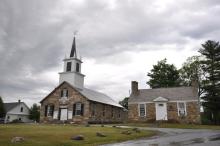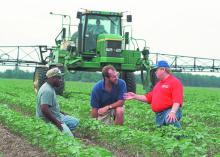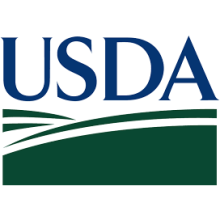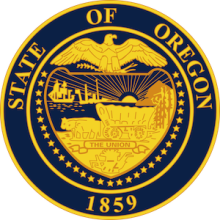Vermont Emergency Broadband Action Plan Proposes Universal Access Road Map
Update (6/18/20)
In response to the $1.25 billion Vermont received from the federal Coronavirus Relief Fund, lawmakers immediately began discussing using $100 million of it to bridge the state's digital divide, with fully $45 million going to construction of new fiber networks across the Green Mountain State. But they were quickly stopped short by restrictions set on the monies, which stipulated the strict terms by which the funds were to be used. In the end, the state won't be seeing any construction from these funds. Instead a smaller amount — $43 million — will be directed at immediate relief efforts rather than long-term planning:
- "$13 million in proposed spending to connect Vermonters to broadband internet services. The bulk of that, $11 million, would create a program to be managed by the public service department called Get Vermonters Connected Now [to] provide subsidies to low-income Vermonters who can't afford to use broadband networks already available in their neighborhoods."
- "$20 million to compensate utilities . . . for the cost of continuing to serve people who stopped paying bills due to COVID-19."
- "$7.3 million for the Agency of Digital Services to make it more secure for state employees to work remotely and to upgrade the obsolete unemployment insurance computer system."
- "$500,000 for a "telecommunications recovery plan."
- "$466,500 for local cable access organizations in recognition of the additional coverage they've taken on during the pandemic."
It's possible that federal regulations could change, but in the meantime Vermonters will have to look inward to solve its connectivity challenges.
Original Story









 So far, USDA has announced
So far, USDA has announced 